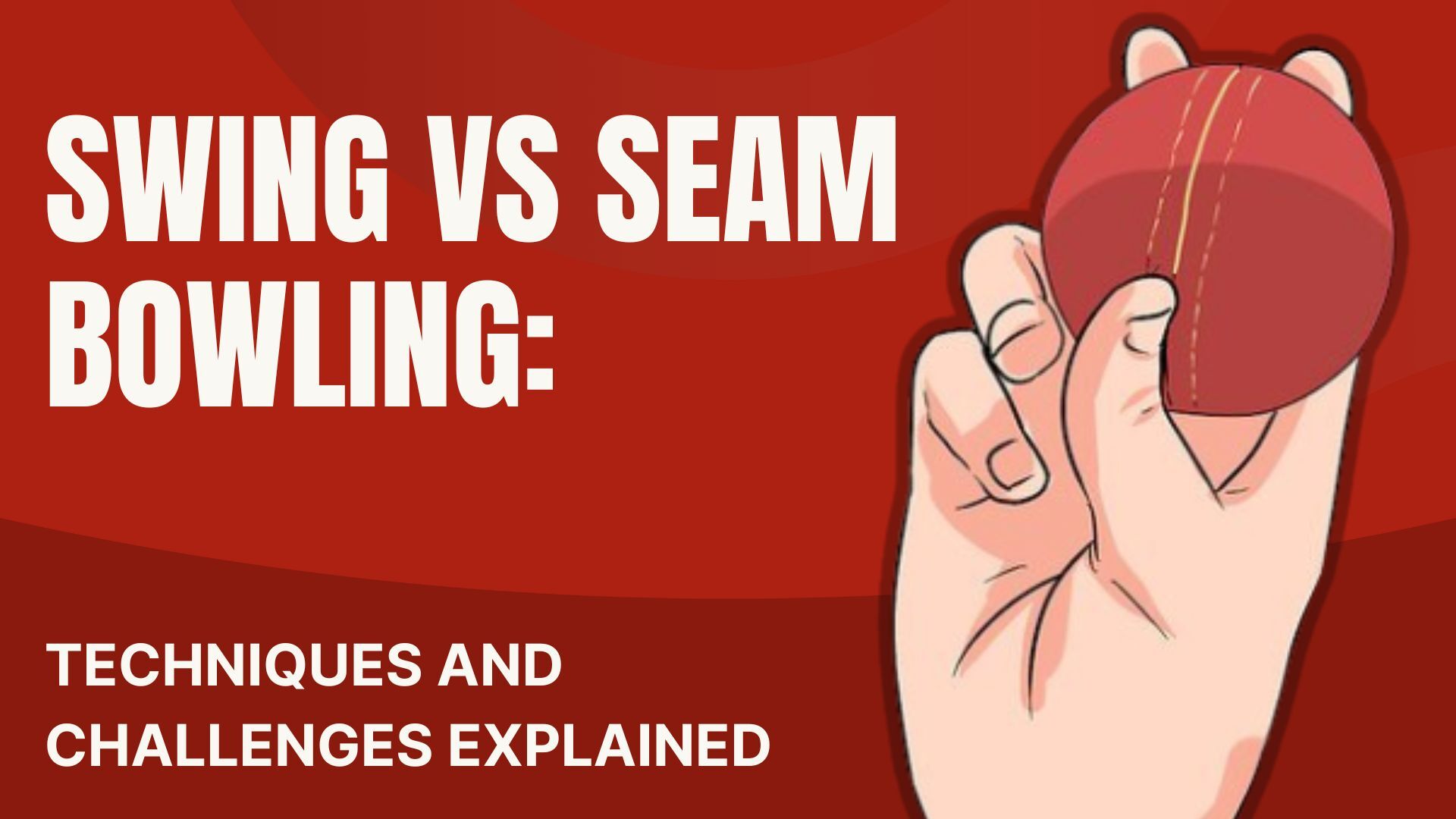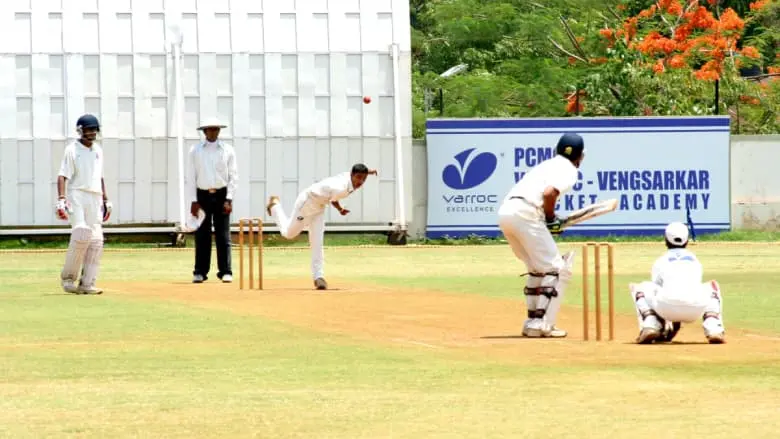Fast bowling in cricket is often seen as an art form, and it’s crucial for bowlers to make the most of the new ball. Understanding the difference between swing vs seam bowling is key for bowlers to master their technique effectively. Each technique, whether it’s swing bowling or seam bowling in cricket, requires a unique skill set and an understanding of conditions to be successful.
Swing Bowling: An Overview
Swing bowling involves making the cricket ball move sideways through the air. This movement is influenced by various factors, including the condition of the ball and the weather. To bowl a swinging delivery effectively, a bowler must manage the seam position meticulously.
Types of Swing
-
Inswing: This type of swing causes the ball to move into a right-handed batter. For an inswing delivery, the seam needs to be angled towards the batter.
-
Outswing: An outswinger moves away from the right-handed batter. The seam should be angled towards the slips for this delivery.
-
Reverse Swing: This is a more advanced form of swing bowling. It occurs when the ball, after reaching a certain age and with one side being rough, starts to swing in the opposite direction to what is expected. Achieving reverse swing requires high pace, usually above 140 km/h, and a precise seam position angled towards the slips.
The ability to bowl reverse swing is highly valued, as it adds an unpredictable element to the delivery.
Seam Bowling: A Different Approach
Seam bowling in cricket focuses on making the ball move sideways after it pitches. Unlike swing bowling, which involves movement through the air, seam bowling relies on the ball’s interaction with the pitch.
Key Aspects of Seam Bowling
-
Seam Position: To achieve effective seam movement, the seam of the ball should be held straight. When the ball lands with the seam upright, it is more likely to deviate off the pitch.
-
Pitch Conditions: The condition of the pitch plays a significant role in seam bowling. A pitch with cracks or grass will aid seam movement, allowing the ball to change direction upon bouncing.
-
Unpredictability: One of the intriguing aspects of seam bowling is that even experienced bowlers may not always predict the exact direction of the seam movement, unlike swing bowling where the direction can be more controlled.
Comparing Swing and Seam Bowling
FAQs
1. What is the main difference between swing and seam bowling?
Swing bowling involves sideways movement through the air, while seam bowling causes the ball to deviate off the pitch.
2. How can I improve my swing bowling technique?
Focus on seam position and practice bowling in conditions that favor swing, such as overcast weather.
3. What conditions are best for seam bowling?
Pitch conditions with cracks or grass are ideal for seam bowling, as they aid in the ball’s movement off the pitch.
4. Can a bowler master both swing and seam bowling?
Yes, with practice and a good understanding of the techniques and conditions, a bowler can excel in both swing and seam bowling.
5. How does reverse swing differ from regular swing?
Reverse swing occurs when the ball swings in the opposite direction after one side becomes rough and the bowler maintains high pace.
Conclusion
Understanding the differences between swing vs seam bowling is crucial for bowlers aiming to enhance their performance on the field. Each technique requires a unique approach to mastering the craft, and conditions play a significant role in determining which method will be most effective. By honing both swing and seam bowling skills, bowlers can add versatility and effectiveness to their game.




